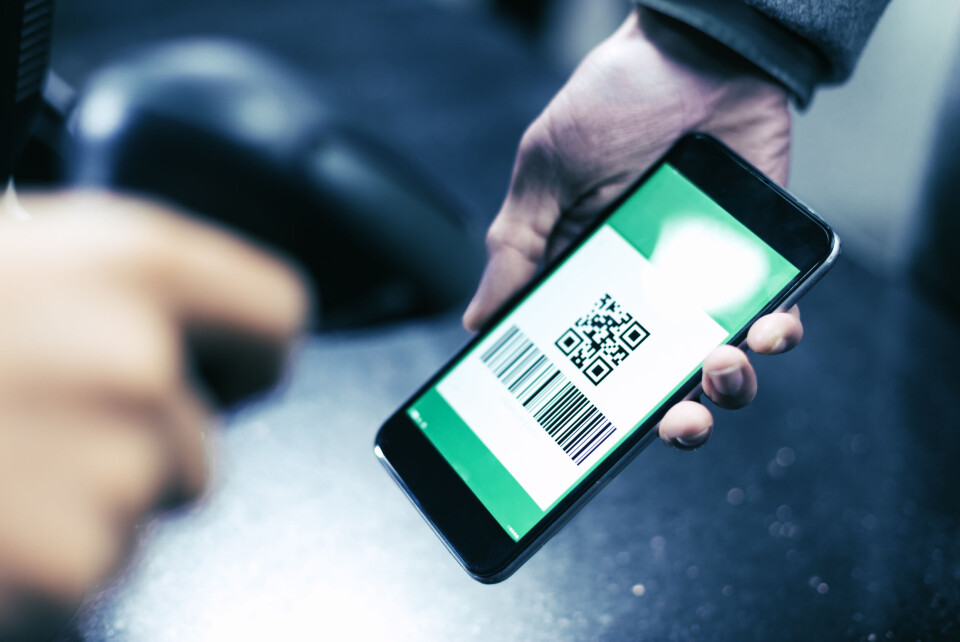-
‘No-licence’ cars: six rules to know in France in 2025
Double the number of these cars were registered in 2024 compared to 2019
-
Hiker videos pack of seven wolves at Alpine ski resort
‘Unprecedented’ video captures wolves roaming on slopes
-
Deadlines for sending Christmas post from France to UK and other destinations
Deadlines for many international destinations are different
UK-France travel: What should I do with the éOS-Passager form?
This form has been required for all travellers from the UK to France since December 18 but its use has caused some confusion

France tightened its rules for travellers entering from the UK on December 18 due to a surge in the number of cases of the Omicron variant of Covid in the UK at the time.
Read more:Covid-19: Rules for travel to and from France
Read more:Essential reasons list for visiting France from UK to be extended
One measure put in place was the requirement for all people travelling from the UK to France to complete a type of digital passenger locator form, called an éOS-Passager form.
Once the form is filled out, a prefectorial decree requiring self-isolation is generated with a QR code. Passengers can either print this off or store it electronically.
This form has to be completed before departure from the UK.
It could be asked for by travel companies, be it at airports, ports or train stations, and in many cases (although by no means all) it is also being asked for on arrival in France.
It requires information on where the person will be arriving in France, personal information such as contact details, and also where the person plans to stay after arriving in France.
The form is being asked for in many cases by border police on entry to France and then follow-up controls at people’s stated places of isolation are sometimes taking place.
The Connexion has heard reports of people who have had police checks within a couple of days of arriving in France. They were asked to show their IDs.
The purpose of the form is principally for travellers to France to indicate where they plan to stay in France as they are obliged to self-isolate on arrival.
The quarantine is set at 10 days, but people can leave after 48 hours if they get a negative Covid test (PCR or rapid antigen) taken by a professional (at a pharmacy, laboratory, doctor’s cabinet, etc.).
For people who do get this negative test, they do not need to take another at the end of the 10-day period, the British Embassy in France confirmed to The Connexion.
However, the Interior Ministry’s website states that travellers who do not take the 48-hour test should take a PCR test at the end of the 10-day self-isolation period.
*UPDATE January 10, 2022:This article was updated to add that people who do take the test after 48 hours and test negative do not need to take another after 10 days of arriving in France. This information was added following confirmation by the British Embassy in Paris.
Related stories:
Covid travel rules tighten, US moves to France’s red list
UK to consider booster jab for travel abroad: Will France do the same?
























